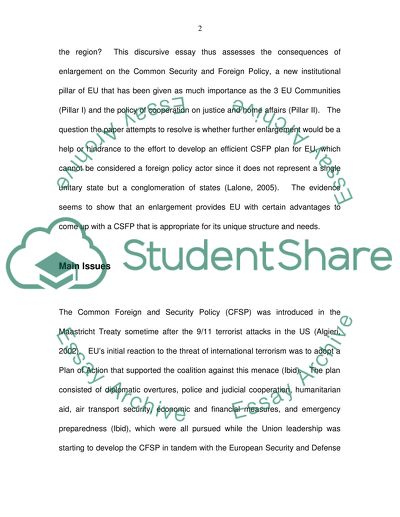Cite this document
(“Consequences of European Union Enlargement Essay”, n.d.)
Consequences of European Union Enlargement Essay. Retrieved from https://studentshare.org/politics/1521862-enlargement-of-european-union-essay
Consequences of European Union Enlargement Essay. Retrieved from https://studentshare.org/politics/1521862-enlargement-of-european-union-essay
(Consequences of European Union Enlargement Essay)
Consequences of European Union Enlargement Essay. https://studentshare.org/politics/1521862-enlargement-of-european-union-essay.
Consequences of European Union Enlargement Essay. https://studentshare.org/politics/1521862-enlargement-of-european-union-essay.
“Consequences of European Union Enlargement Essay”, n.d. https://studentshare.org/politics/1521862-enlargement-of-european-union-essay.


